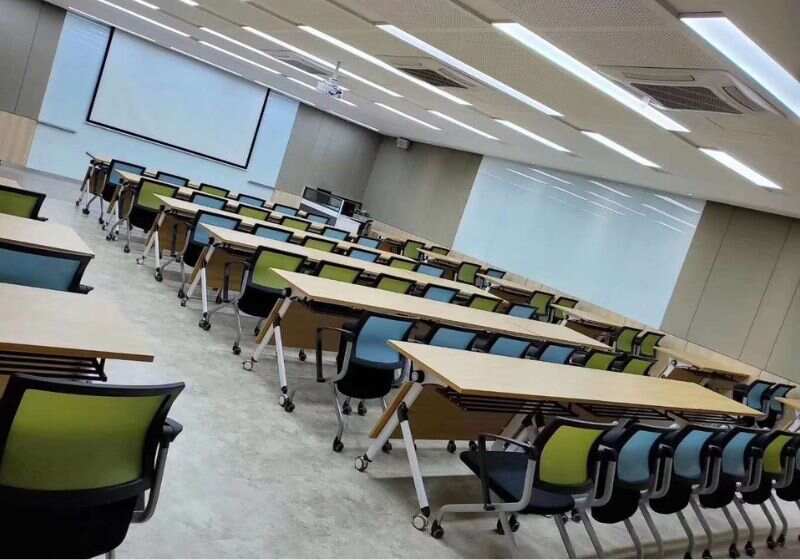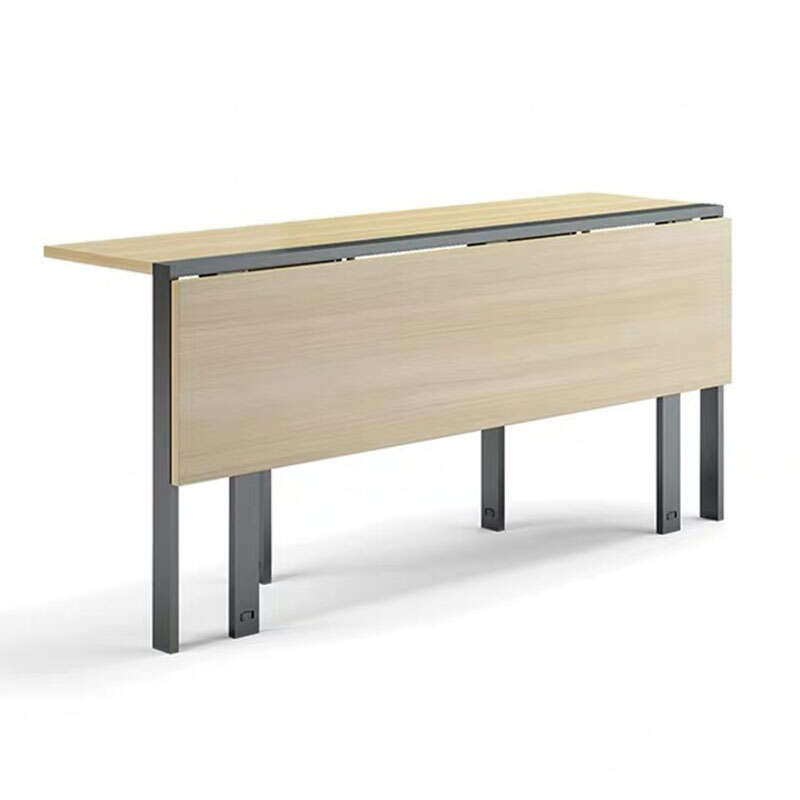Email format error
Email cannot be empty
Email already exists
6-20 characters(letters plus numbers only)
The password is inconsistent
Email format error
Email cannot be empty
Email does not exist
6-20 characters(letters plus numbers only)
The password is inconsistent


Modern workspaces have evolved tremendously over the past few years, shifting from traditional single-person desks to more flexible setups. As technology and collaborative practices continue to advance, selecting the right office desk has become a critical decision for many companies. In this article, we will explore the current trends in office desks, what factors to consider when choosing them, and why forward-thinking planning is key.
Gone are the days when a single-person office desk dominated the workplace layout. Today, the market offers everything from oversized corporate tables to desks equipped with mobility features like caster wheels. This diversity enables businesses to tailor their offices to the exact needs of employees. Whether you opt for large tables that accommodate teamwork or lightweight movable desks, the options are more plentiful than ever.

When matching an office desk to your environment, it’s crucial to acknowledge your company’s work style. For instance, collaborative office settings may benefit from long tables that foster group interaction. Conversely, independent tasks require quieter, single office desks with individualized space. The desk’s configuration directly influences communication flow and employee productivity, making it a vital consideration in the selection process.
An office desk is often a long-term investment, typically used for five to ten years. Because business models and team sizes can shift substantially over time, your current desk requirements may not remain the same in the future. Choosing an adaptable desk that can accommodate changing demands—additional employees, new equipment, or updated layouts—is essential for maximum return on investment. Having a flexible approach ensures your office environment remains effective and inspiring for years to come.
Although office chairs often gain the most attention for comfort and design, the desk itself is equally crucial. Adequate leg space, proper height, and the ability to easily integrate cables and devices make a substantial difference in maintaining worker wellness. A well-designed office desk also contributes to ergonomics by preventing strain on the shoulders, neck, and wrists. Over time, investing in a desk that promotes healthy posture can enhance morale and reduce absenteeism.
Office desks are not just surfaces for computers and paperwork; they also function as hubs for interpersonal interactions. Shared tables encourage quick exchanges and group tasks, potentially boosting the overall cohesiveness of a team. Conversely, desks that allow personal space can help employees maintain focus when they need quiet time. Striking the right balance between open and closed desks helps align workspace design with the desired company culture.
From large collaborative tables to mobile desks on wheels, the choice of office desk offers both functional benefits and cultural implications. By understanding your organization’s demands, future-proofing your decisions, and focusing on ergonomic details, you set the stage for productive and motivated workplace environments.
If you’re seeking innovative furniture solutions for your growing endeavors, explore Peduosi Furniture's professional offerings today. Visit our website at http://www.gdpeiduosi.com or contact us by phone at 86-13827280395 to discuss how we can help you elevate your workspace.